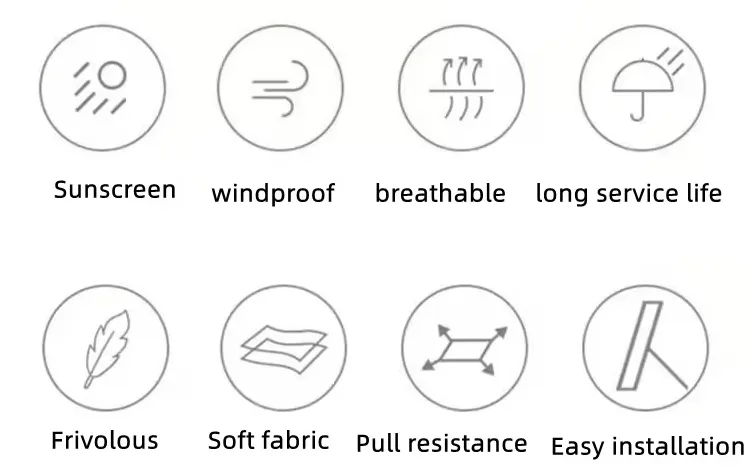-
 Afrikaans
Afrikaans -
 Albanian
Albanian -
 Amharic
Amharic -
 Arabic
Arabic -
 Armenian
Armenian -
 Azerbaijani
Azerbaijani -
 Basque
Basque -
 Belarusian
Belarusian -
 Bengali
Bengali -
 Bosnian
Bosnian -
 Bulgarian
Bulgarian -
 Catalan
Catalan -
 Cebuano
Cebuano -
 China
China -
 Corsican
Corsican -
 Croatian
Croatian -
 Czech
Czech -
 Danish
Danish -
 Dutch
Dutch -
 English
English -
 Esperanto
Esperanto -
 Estonian
Estonian -
 Finnish
Finnish -
 French
French -
 Frisian
Frisian -
 Galician
Galician -
 Georgian
Georgian -
 German
German -
 Greek
Greek -
 Gujarati
Gujarati -
 Haitian Creole
Haitian Creole -
 hausa
hausa -
 hawaiian
hawaiian -
 Hebrew
Hebrew -
 Hindi
Hindi -
 Miao
Miao -
 Hungarian
Hungarian -
 Icelandic
Icelandic -
 igbo
igbo -
 Indonesian
Indonesian -
 irish
irish -
 Italian
Italian -
 Japanese
Japanese -
 Javanese
Javanese -
 Kannada
Kannada -
 kazakh
kazakh -
 Khmer
Khmer -
 Rwandese
Rwandese -
 Korean
Korean -
 Kurdish
Kurdish -
 Kyrgyz
Kyrgyz -
 Lao
Lao -
 Latin
Latin -
 Latvian
Latvian -
 Lithuanian
Lithuanian -
 Luxembourgish
Luxembourgish -
 Macedonian
Macedonian -
 Malgashi
Malgashi -
 Malay
Malay -
 Malayalam
Malayalam -
 Maltese
Maltese -
 Maori
Maori -
 Marathi
Marathi -
 Mongolian
Mongolian -
 Myanmar
Myanmar -
 Nepali
Nepali -
 Norwegian
Norwegian -
 Norwegian
Norwegian -
 Occitan
Occitan -
 Pashto
Pashto -
 Persian
Persian -
 Polish
Polish -
 Portuguese
Portuguese -
 Punjabi
Punjabi -
 Romanian
Romanian -
 Russian
Russian -
 Samoan
Samoan -
 Scottish Gaelic
Scottish Gaelic -
 Serbian
Serbian -
 Sesotho
Sesotho -
 Shona
Shona -
 Sindhi
Sindhi -
 Sinhala
Sinhala -
 Slovak
Slovak -
 Slovenian
Slovenian -
 Somali
Somali -
 Spanish
Spanish -
 Sundanese
Sundanese -
 Swahili
Swahili -
 Swedish
Swedish -
 Tagalog
Tagalog -
 Tajik
Tajik -
 Tamil
Tamil -
 Tatar
Tatar -
 Telugu
Telugu -
 Thai
Thai -
 Turkish
Turkish -
 Turkmen
Turkmen -
 Ukrainian
Ukrainian -
 Urdu
Urdu -
 Uighur
Uighur -
 Uzbek
Uzbek -
 Vietnamese
Vietnamese -
 Welsh
Welsh -
 Bantu
Bantu -
 Yiddish
Yiddish -
 Yoruba
Yoruba -
 Zulu
Zulu
Jan . 09, 2025 11:46
Back to list
50✖25 mesh anti-aging insect net insect proof net
Agricultural nets have revolutionized modern farming practices, particularly in an era where efficiency and sustainability are key. Through my years of experience in the agricultural sector and expertise in farming technologies, I have witnessed firsthand how these nets have transformed traditional farming into a sophisticated and productive venture.
Furthermore, the trustworthiness of agricultural nets extends beyond safeguarding plants. Their durability ensures long-term use, providing farmers with a reliable investment. The materials used are often UV-resistant and capable of withstanding various environmental pressures. My extensive experience confirms that, when properly maintained, these nets serve seamlessly over multiple seasons, justifying their cost and instilling confidence among users. In addition to direct crop benefits, agricultural nets contribute to environmental conservation by encouraging organic farming practices. The reduced need for chemical applications aligns farming operations with global sustainability goals, an aspect I've advocated for over the years through workshops and seminars. Promoting these nets not only aligns with Eco-conscious initiatives but also strengthens the credibility of modern agricultural methodologies. In conclusion, the strategic use of agricultural nets represents a blend of real-world experience, professional expertise, and authoritative endorsements within the farming industry. By addressing both ecological and economic challenges, they stand out as an indispensable tool in contemporary agriculture, breeding trust and yielding prosperity in the farming community.


Furthermore, the trustworthiness of agricultural nets extends beyond safeguarding plants. Their durability ensures long-term use, providing farmers with a reliable investment. The materials used are often UV-resistant and capable of withstanding various environmental pressures. My extensive experience confirms that, when properly maintained, these nets serve seamlessly over multiple seasons, justifying their cost and instilling confidence among users. In addition to direct crop benefits, agricultural nets contribute to environmental conservation by encouraging organic farming practices. The reduced need for chemical applications aligns farming operations with global sustainability goals, an aspect I've advocated for over the years through workshops and seminars. Promoting these nets not only aligns with Eco-conscious initiatives but also strengthens the credibility of modern agricultural methodologies. In conclusion, the strategic use of agricultural nets represents a blend of real-world experience, professional expertise, and authoritative endorsements within the farming industry. By addressing both ecological and economic challenges, they stand out as an indispensable tool in contemporary agriculture, breeding trust and yielding prosperity in the farming community.
Latest news
-
Shipping Plastic Bags for Every NeedNewsJul.24,2025
-
Safety Netting: Your Shield in ConstructionNewsJul.24,2025
-
Plastic Mesh Netting for Everyday UseNewsJul.24,2025
-
Nylon Netting for Every UseNewsJul.24,2025
-
Mesh Breeder Box for Fish TanksNewsJul.24,2025
-
Expanded Steel Mesh Offers Durable VersatilityNewsJul.24,2025











